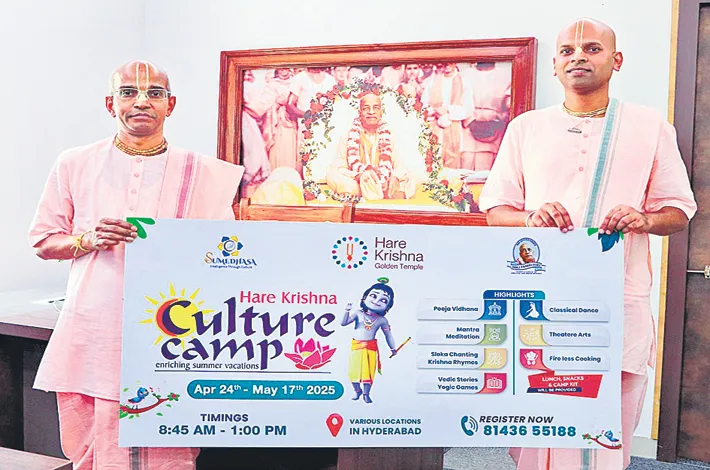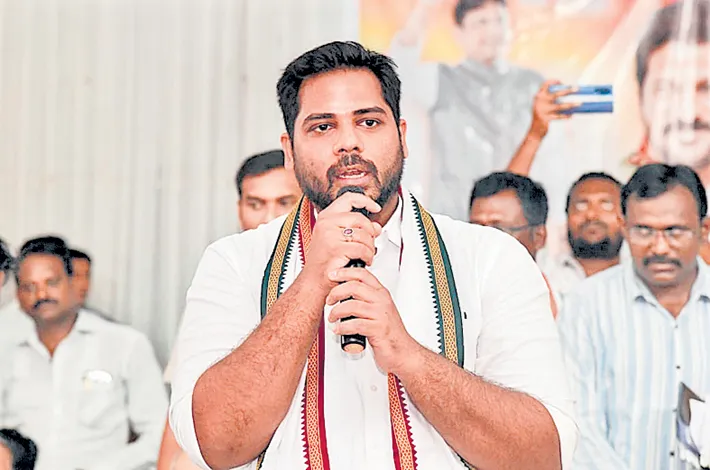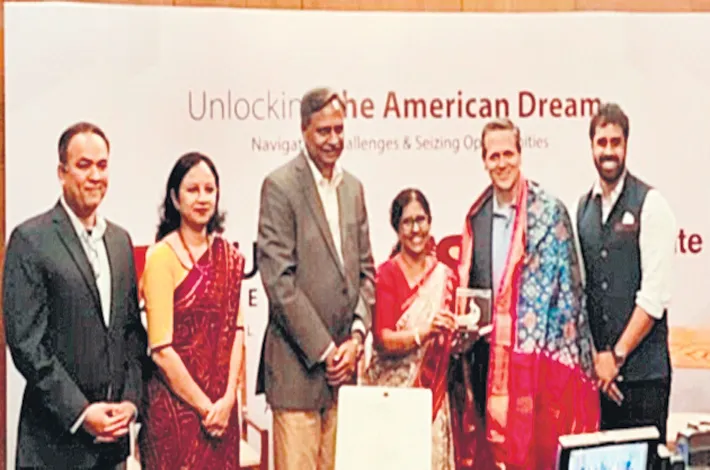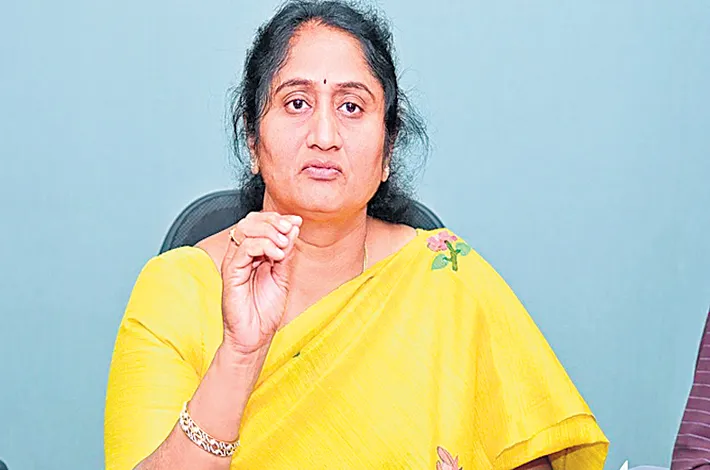The importance of arranged marriages in India Today
09-02-2025 12:00:00 AM
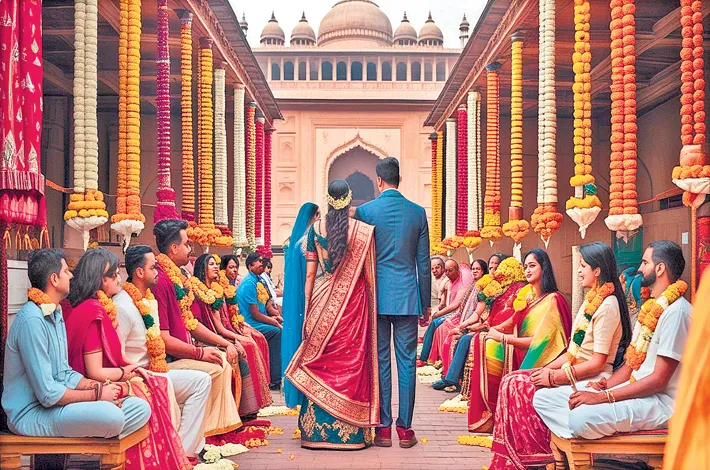
Economic considerations also play a role. Marriages are often seen as strategic alliances that can benefit families economically, whether through business connections or by ensuring financial stability
In the mosaic of India's cultural fabric, arranged marriages have long been a thread that weaves through the lives of countless individuals, shaping not just personal destinies but also the societal structure. With roots stretching back centuries, the practice of arranged marriages continues to hold significant importance in contemporary Indian society, despite the global winds of change advocating for love marriages. This article explores why arranged marriages remain a preferred choice for many in India, looking at cultural, social, and practical dimensions.
Cultural Continuity and Family Values
At the heart of arranged marriages in India is the profound respect for tradition and family. Marriage is seen not merely as a union of two individuals but as an alliance between families. This perspective instills a sense of duty and commitment, where marriage is viewed as a lifelong institution rather than a transient relationship based solely on romantic love. Families engage in the process with the belief that they are better equipped to judge compatibility based on shared values, backgrounds, and social standings, which they consider essential for a lasting marriage.
Arranged marriages often help in preserving cultural, religious, and caste identities. In a country as diverse as India, where caste, religion, and region can define much of one's social life, marrying within one's community ensures that traditions, customs, and heritage are passed down through generations. This cultural continuity is seen as vital for maintaining social harmony and identity within communities.
Social Stability and Support
Arranged marriages are also lauded for the social stability they bring. When marriages are agreed upon by families, there's a network of support that extends beyond the couple. This communal backing can be crucial in times of personal or marital crises, offering a buffer against the isolation that might affect couples in love marriages. The involvement of families from the outset means that there is an inherent system of checks and balances, where advice, mediation, and support are readily available.
Moreover, in a society where divorce can still carry a social stigma, arranged marriages are often perceived as more stable. The pressure from family and community to make the marriage work can sometimes lead to couples working harder to resolve conflicts, fostering resilience and adaptability in relationships.
Practical Considerations
From a practical standpoint, arranged marriages can simplify the search for a partner. Given the vast population and the diversity in India, finding a compatible partner can be daunting. Arranged marriages streamline this process. Families often leverage their social networks, which can lead to matches that might not have been possible in the conventional dating scene due to geographical or cultural barriers.
Economic considerations also play a role. Marriages are often seen as strategic alliances that can benefit families economically, whether through business connections or by ensuring financial stability. In rural areas, where economic resources might be scarce, marrying into a family with a stable or better economic standing can be crucial for the future of one's children.
Adaptation to Modern Times
While traditional in nature, arranged marriages in modern India have adapted to contemporary sensibilities. The process now often includes an initial meeting or series of meetings where the potential couple can assess their compatibility. This 'meet and greet' can lead to a period of courtship before any final decision, blending traditional practices with modern expectations of personal choice and mutual consent.
Moreover, the rise of matrimonial websites has transformed how matches are made, giving individuals more control over their choices while still respecting family involvement. These platforms allow for detailed profiles where one can specify preferences in education, career, lifestyle, and even personal interests, thus enhancing the likelihood of finding a compatible match.
The Flip Side and Future Outlook
Despite its merits, the system of arranged marriages is not without criticism. Issues like lack of personal choice, potential for coercion, and the perpetuation of caste and gender inequalities are significant concerns. However, the evolving nature of Indian society suggests a future where arranged marriages might continue but with greater emphasis on individual agency, mutual respect, and equality.
In conclusion, the importance of arranged marriages in India cannot be overstated. They embody a blend of cultural heritage, social security, and practical matchmaking that has stood the test of time. While the world moves towards individualism, the essence of arranged marriages in India reflects a collective approach to life's most intimate decisions. As society progresses, the practice might evolve, but its core significance in fostering familial and social cohesion is likely to endure. This system, deeply woven into the cultural ethos of India, continues to be a fascinating study in balancing tradition with modernity.





